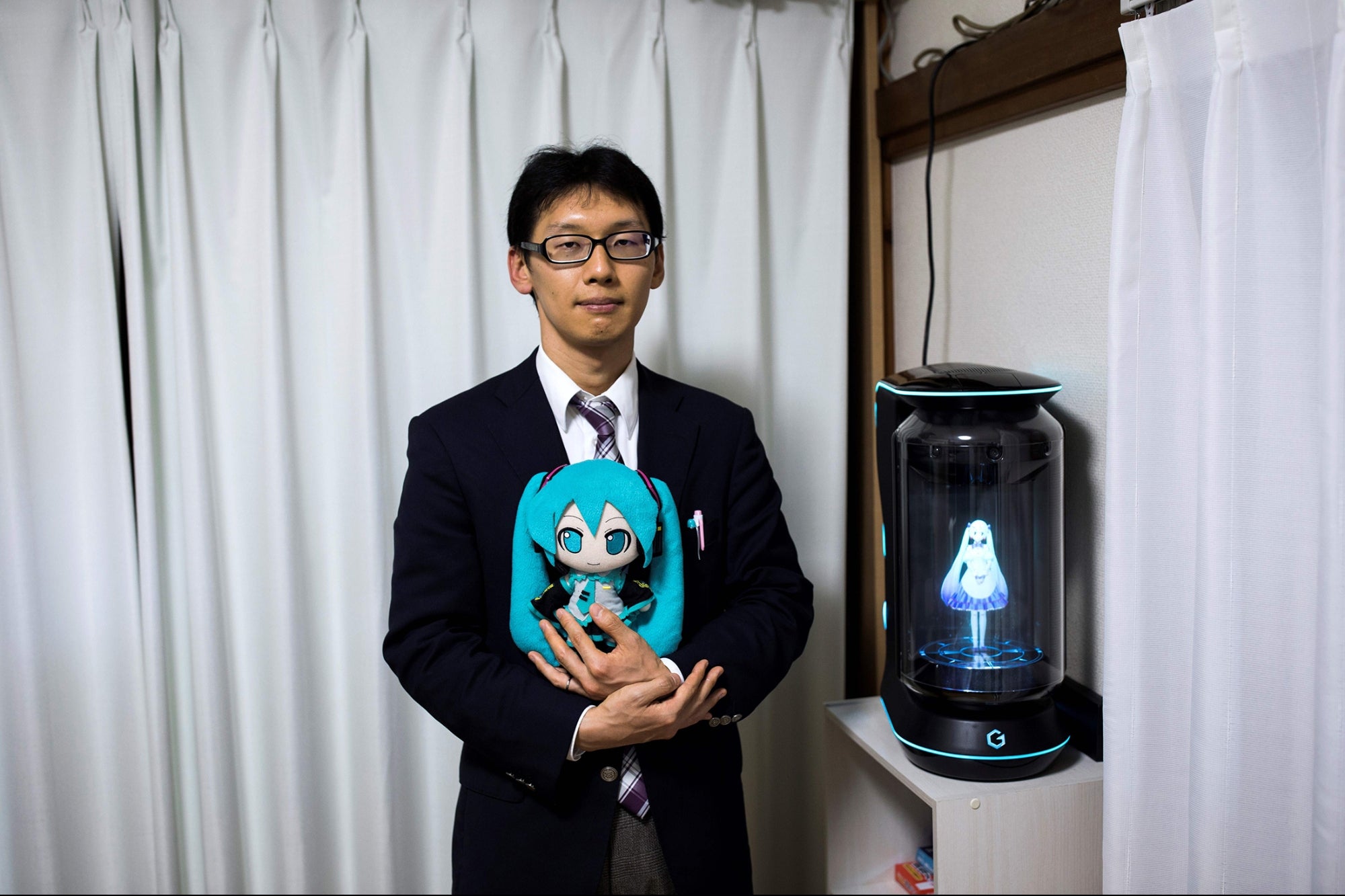Recruit Reboot Fill your job openings the right way with these solutions.
Opinions expressed by BIZ Experiences contributors are their own.
When PopularMedia in San Francisco hit a growth spurt a couple years ago, managers were suddenly working job boards, skimming resumes and doing phone screens on top of everything else. "It's just too much to ask of people, and you're not likely to generate the volume and quality of candidates," says Jim Calhoun, 38, co-founder of the 5-year-old social media marketing firm. "We looked at it and said, 'We've got a big process problem.'"
But what to do? BIZ Experiencess face a dizzying array of recruiting choices today, from traditional search firms and software to social networking sites and job boards. "It's a cacophony of sound," says Peter Crist, chairman of Crist Kolder Associates, a C-level recruiting firm.
The $100 billion U.S. recruiting industry is not only noisy, but it's also unregulated. "There's no university that offers a degree in recruiting," says John Sullivan, a management professor at San Francisco State University. "You can say you're a recruiter by just saying it." Choose the wrong recruiting method, and pay the price in time, money and wrong hires.
Calhoun and his partners--David Bell, 36; Sage Bray, 36; and Craig Stanford, 48--changed PopularMedia's recruiting strategy twofold: First, they launched Jobvite, a remotely hosted applicant-tracking system that underpins the company's hiring process. Second, they cut back on contingency searches--in which the recruiter gets paid 20 percent to 30 percent of a new hire's annual salary--and hired a recruiter on a contract basis instead. The cost for a contract recruiter "ends up being a fraction of what you would end up paying in contingency recruiting fees," explains Calhoun. PopularMedia also uses job boards and retained search firms for some of its job openings.
Mixing and matching recruiting tools--a contingency search here, a job board listing there--can be very effective. The trick is knowing which method works best for each hiring decision. "You have to change your process depending on your target," Sullivan says. Here are some popular recruiting methods and when they work best.
- Contingency recruiters: Typically used for jobs in the $75,000 to $100,000 range, these recruiters get paid after they find the right hire. It sounds great, but be careful. "They get paid if they can fill a job, not if they fill it well," Sullivan cautions. So always ask for referrals first.
- Job boards: Sites like Monster and Yahoo's HotJobs broadcast your message to a wide audience, but you could get swamped with resumes, many from unqualified job seekers. "If you don't have some process behind it, it's just garbage," Calhoun says. Job boards have typically been used for mid-level jobs, but they've been trending toward higher-level jobs that require specific skills.
- Retained recruiters: Candidate quality is high, but you'll pay an upfront fee plus 33 percent of the new hire's salary on average. These are generally used for senior and highly skilled positions that pay more--often much more--than $100,000 a year.
- Software packages: Software can be a cost-effective tool for tracking applicants and sharing information. Jobvite charges companies with fewer than 50 employees $500 a month and a $1,000 setup fee. Software could require training, however, and good customer support is key.
- Contract recruiters: These recruiters work on contract as hiring consultants for your company. It's a cost-effective option when you're growing rapidly and have at least six open positions. "For $60,000, I can get a contract recruiter who spends a good chunk of their time [here]," Calhoun says.
- Social networking sites: Sites like MySpace and Facebook are becoming places to seek and post jobs. LinkedIn leads the way with services that help companies spot LinkedIn members with specific skills. But you'll need someone in your company who can stay on top of this information.
A new recruiting strategy has made life easier at 50-employee PopularMedia. "A little bit of process goes a long way in improving the quality of who you bring into your company," Calhoun says. "That has a big, long-term impact on your business."










